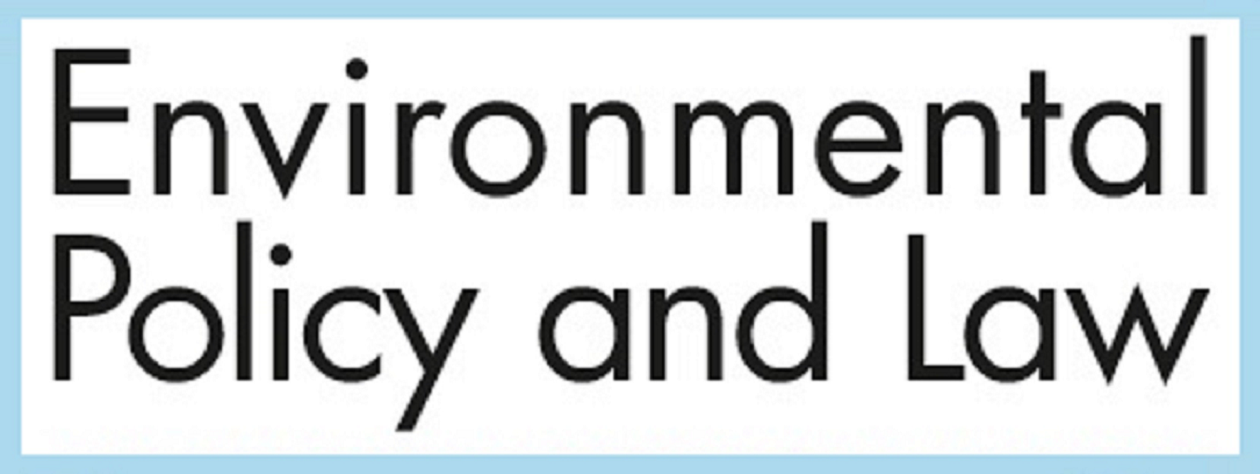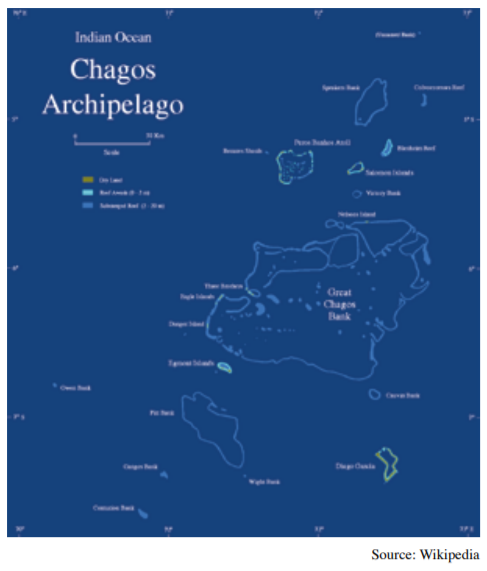Why Law and Politics Matter for Marine Conservation – The Case of the Chagos Marine Protected Area
Peter Harris*
Department of Political Science, Colorado State University, Fort Collins, CO, USA
*Corresponding author: peter.harris@colostate.edu
EPL, Vol.45, Iss.5, pp.204-207, 2015

